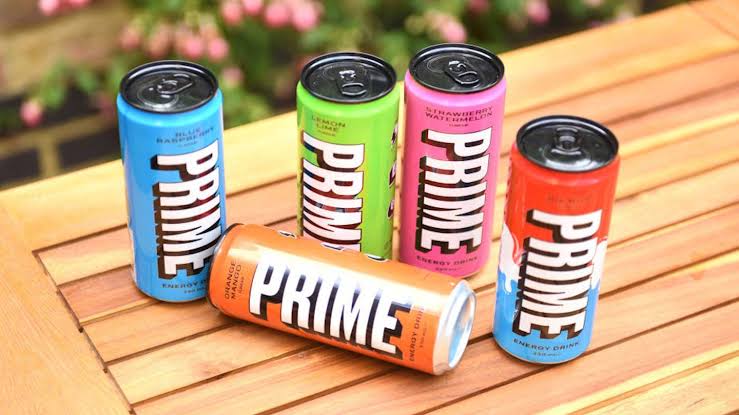VOICE AIR MEDIA News Update
US Senate Majority Leader Chuck Schumer has urged regulators to investigate Prime Energy, an energy drink promoted by popular YouTubers KSI and Logan Paul. The senator alleges that the drink, despite its high caffeine content, is being marketed and targeted toward children.
Prime Energy contains 200mg of caffeine per can, which is twice the amount found in Red Bull, a competing energy drink. While each can carry a warning advising against its consumption by children under 18, Mr. Schumer claims that the drink is packaged and marketed like Prime’s caffeine-free alternative.
During a press conference in New York on Sunday, Mr. Schumer voiced concerns about parents inadvertently purchasing the caffeinated drink for their children. He later took to Twitter, stating, “The FDA [Food and Drug Administration] must investigate PRIME for its absurd caffeine content and its marketing targeting kids on social media.”
As of now, Prime has not responded to the BBC’s request for comment regarding the allegations.
Last year, Logan Paul and KSI, who collectively boast approximately 48 million YouTube followers, introduced Prime Hydration, a caffeine-free drink that quickly gained popularity online. The product sparked long queues and even prompted individuals to dive headfirst into store shelves.
In January of this year, Prime Energy, the caffeinated version, was launched. The drink is marketed by the company as being both sugar-free and vegan. Each can include a warning stating that it is not suitable for children under 18, individuals sensitive to caffeine, pregnant women, or breastfeeding women.
The controversy surrounding Prime Energy has led some schools around the world to issue warnings or even ban the drink altogether. For instance, the Milton Primary School in Newport, Wales sent a message to parents cautioning them about the potential confusion between the caffeinated and non-caffeinated versions of the drink after a student fell ill outside of school hours.
Similarly, the Maryborough State High School in Queensland, Australia imposed a ban on energy drinks, citing concerns over new energy and hydration drinks with significantly higher caffeine content than regular energy drinks. The school emphasized that these beverages could pose serious risks for students with undisclosed health issues.
The caffeine content of various energy drinks, including Prime Energy, Red Bull, Monster, Nos, Burn, Rockstar, Lucozade, and Coca-Cola, was highlighted to provide a comparative overview.
With the call for an investigation into Prime Energy, the focus now shifts to regulatory bodies to address the concerns raised by Senator Schumer and ensure the safety and well-being of consumers, particularly children.
(BBC)




